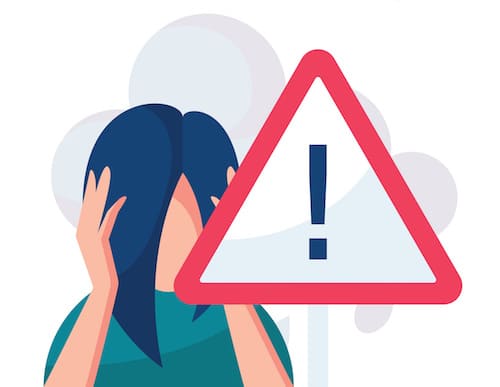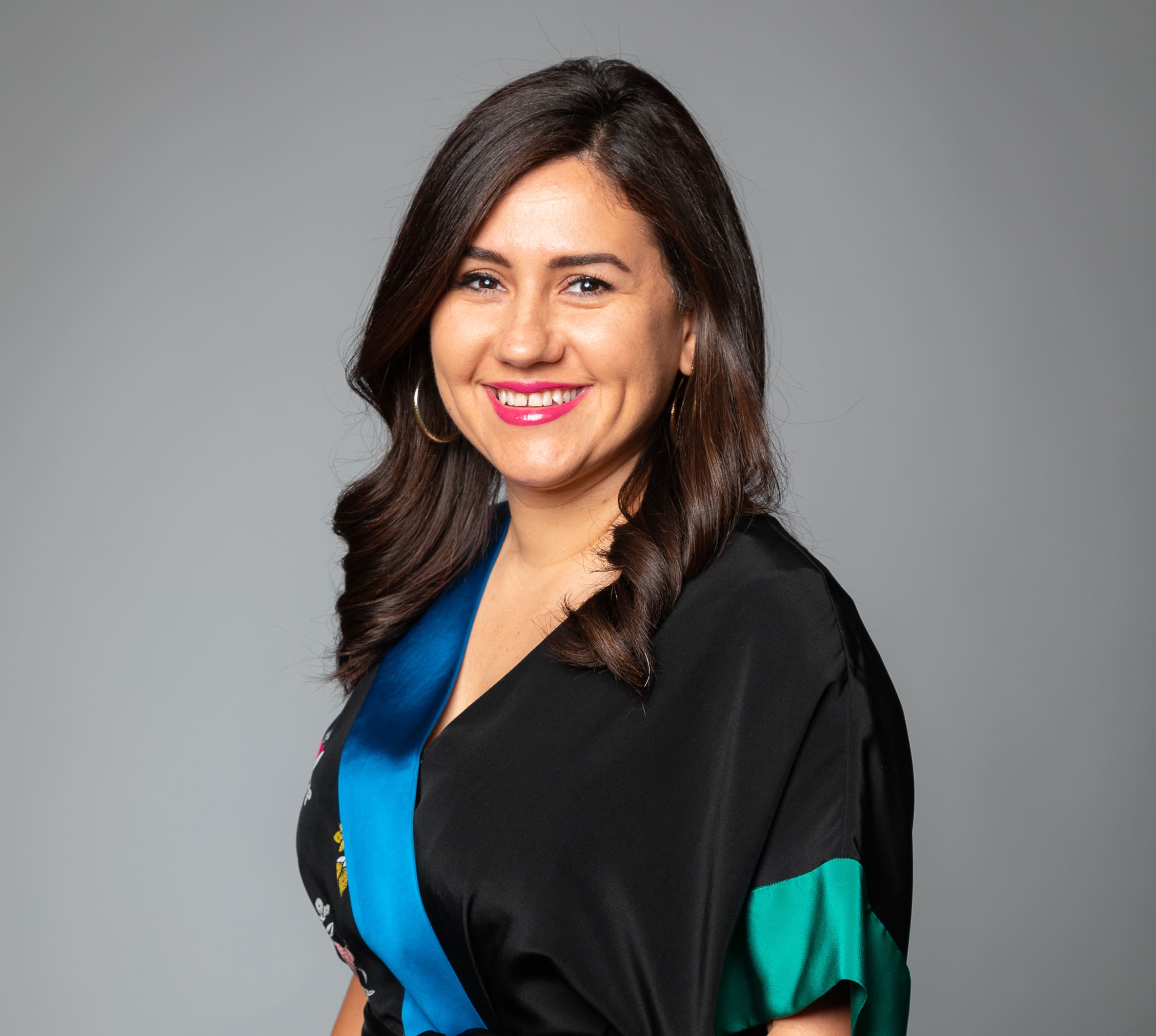May 22, 2019
By Shabnam Mogharabi
If you or someone you know is experiencing a mental health, suicide or substance use crisis or emotional distress, reach out 24/7 to the 988 Suicide and Crisis Lifeline (formerly known as the National Suicide Prevention Lifeline) by dialing or texting 988 or using chat services at 988lifeline.org to connect to a trained crisis counselor. You can also get crisis text support via the Crisis Text Line by texting NAMI to 741741.
 Two years ago, the teenage daughter of a dear family friend, died by suicide. My family and I were in shock and heartbroken. We had no idea she was in such pain. I was angry at myself for not recognizing her suffering sooner. I kept replaying my past interactions and conversations with her over and over again in my head to see if there were signs I’d missed. I kept thinking about what more I could have done.
Two years ago, the teenage daughter of a dear family friend, died by suicide. My family and I were in shock and heartbroken. We had no idea she was in such pain. I was angry at myself for not recognizing her suffering sooner. I kept replaying my past interactions and conversations with her over and over again in my head to see if there were signs I’d missed. I kept thinking about what more I could have done.
And there lies the tragedy of mental illness. Unlike other illnesses, mental illness can hide in plain sight. Even the most successful, seemingly happy and healthy people among us may be suffering, feeling that there is no hope or relief to be found.
As someone who suffered a severe depression in my late 20s and is in a constant battle with my own anxiety—I get it. I remember having days when simply talking about my depression or asking for help felt overwhelming. It can take all your strength to simply show up as your “usual” self, wearing the mask you believe others expect of you.
However, there are often warning signs for those who are struggling—even if they are doing their best to hide it. And unlike what is typically portrayed in movies and television, these signs can be hard to see. We as a people, need to learn how to recognize and respond to these signs.
As someone who works in pop culture and media, I am accustomed to entertainment about mental health that glamourizes or sensationalizes suicide (don’t get me started on the show 13 Reasons Why). But conversely, it’s rare that I see content that models for us how to recognize the subtler signs of mental illness and how to show up for people when those signs appear.
One of my favorite entertainment moments involving mental health was in an episode of This is Us, where the character Randall Pearson is having a panic attack and is unable to attend his brother Kevin’s play. Randall calls Kevin to apologize, and they have a strange conversation. Kevin senses something is going on—his “spidey senses” were alert—and he makes a choice to show up for his brother and get him medical attention.
This is an example we can learn from. Let’s say you call a friend, and they burst into tears, saying that they are overwhelmed by a seemingly small task—something they would normally roll of their back. And it sets off your “spidey senses,” just like what happened to Kevin, to alert you something feels off. As modeled in This is Us, it may be time to physically check-in with that friend and offer your support.
So, you know you need to help your friend. But how? What should you say? How can you help? The hard answer is that for a lot of us, we don’t know what to do. We want to help. But we don’t know how.
And that’s where content can also play a critical role. There is a white space for content that teaches us how to really be there for those who are struggling. We may not be able to treat them or completely heal their pain—there are professionals to help with that—but we can make them feel heard and loved and safe.
My assistant told me that one of the most beautiful, kind, and heartfelt films around mental illness that she has ever seen is Lars and The Real Girl. Lars, played by Ryan Gosling, suffers from delusions, and while some of his family writes him off, others, including neighbors in his community, help him on his path to recovery and self-discovery.
Mental illness is treatable, but getting better takes time and work, and often, it requires a support system and help from the people around you.
In the case of my family friend, her immediate family knew she was struggling, and they were doing all the right things—taking her to therapy and trying to help her work through her sadness. I only wish I could have helped widen that circle of support just a little bit. Maybe hearing my personal struggles with anxiety would have helped her. Maybe I could have just been another adult, a non-family member, creating a safe space to talk. I don’t know, but the wondering weighs on my heart. It’s why I try so hard to be diligent about asking how people are doing—how they are really doing and then listening carefully to the responses.
Because if we don’t learn to pay more attention, then we contribute to our growing isolation and increasing suicide rate as a nation.Showing up for each other is hard and takes work, and great storytelling can help model what that looks like for us all.
So for myself and others in the entertainment and content space, in addition to telling stories that de-stigmatize talking about mental health, we should also help teach audiences how to recognize the subtler signs that something might be wrong. Only then can we learn how best to show up when we see someone struggling.

Shabnam Mogharabi is the co-founder and general manager of SoulPancake, a division of Participant Media, an uplifting entertainment and creative studio that has amassed 1B video views on stories about the human experience. Participant Media supports the mental wellness of its team by offering all employees access to confidential employee assistant programs, with unlimited 24/7 telephone consultation, and up to three free sessions of therapy with local counselors.
We’re always accepting submissions to the NAMI Blog! We feature the latest research, stories of recovery, ways to end stigma and strategies for living well with mental illness. Most importantly: We feature your voices.
Check out our Submission Guidelines for more information.
We’re always accepting submissions to the NAMI Blog! We feature the latest research, stories of recovery, ways to end stigma and strategies for living well with mental illness. Most importantly: We feature your voices.
LEARN MORENAMI HelpLine is available M-F, 10 a.m. – 10 p.m. ET. Call 800-950-6264,
text “NAMI” to 62640, or email. In a crisis, call or text 988 (24/7).